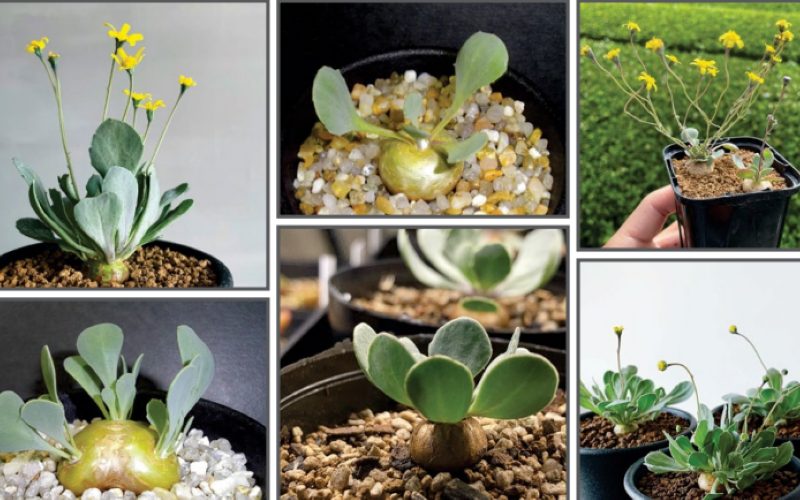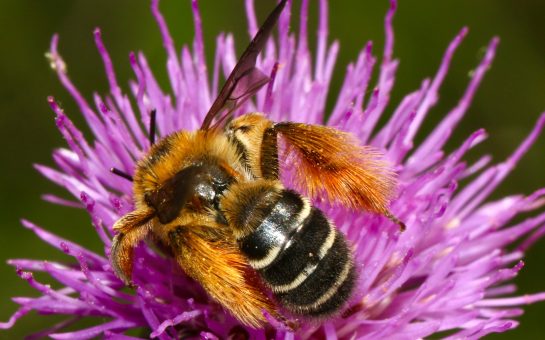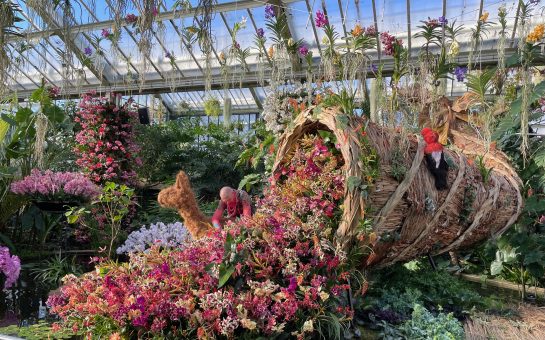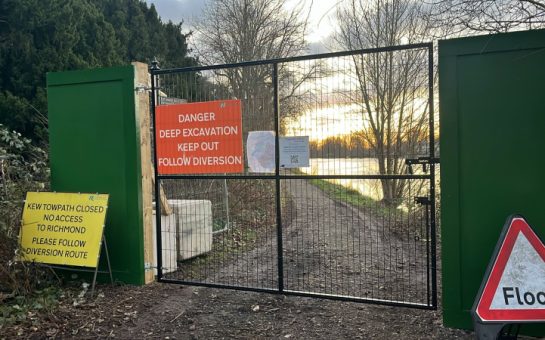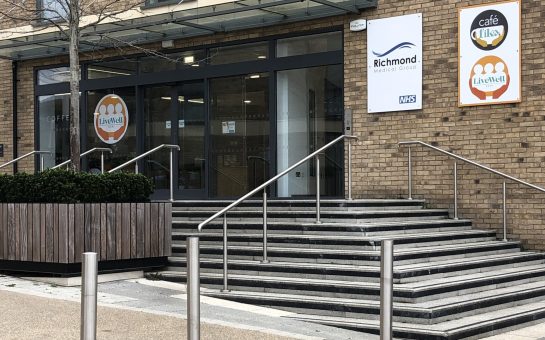Scientists at Royal Botanic Gardens, Kew are working with eBay to tackle the online sale of illegally obtained ornamental plants.
Species of plants typically found adorning desktops and mantelpieces such as cacti, cycads and succulents are amongst those most at risk of illegal removal for ornamental trade.
The poaching of these plants is putting them at risk of extinction in the wild.
Kew, in co-operation with conservation organisation TRAFFIC, has begun work with eBay to increase awareness of the risks that buying from irreputable sellers can pose to native ecosystems, and to promote measures to prevent illegal product sales.
CITES science officer at Kew, Dr David Whitehead, described the difficulties of regulating online, user-based marketplaces.
He said: “It offers illegal vendors a huge consumer base, it helps them disguise the trade.”
For consumers, retailers and researchers the complexity of the issue lies in differentiating between legal and illegally sourced plants, as unlawful listings often appear indistinguishable from legitimate counterparts.
Dr Whitehead said: “Differentiating the two is very, very difficult, and trying to evaluate that on information presented online is probably even more difficult, even for an expert.”
Consumers buying an ornamental cactus from an anonymous online user may be unknowingly making themselves the end of an illegal supply chain, and contributing to the plant’s eradication in the wild.
Dr Whitehead explained that, although plants visibly sourced from the wild, as opposed to having been grown specifically for trade, have a higher likelihood of having been poached, even this is not a reliable way to spot illegal plants.
This is because in many cases the same species is sold both legally and illegally, making efforts to identify illicit postings on user marketplaces and social media sites still more complex.
Dr Whitehead made sure, however, to emphasise that postings of illegal plants are still comparatively rare, and that buyers should not be discouraged from purchasing wholesale.

Scientists like Dr Whitehead have started to work with eBay to develop a blueprint for online sites to get a grip on curbing illegal sales, which have risen sharply following the pandemic.
To build this blueprint, research is focusing on the sale of South African succulents, a case study Dr Whitehead described as characterising typical aspects of the illegal plant trade.
He said: “Prior to the pandemic, rare and endangered plants tended to be targeted by specialist collectors.
“But when the pandemic prevented access to regions like South Africa, and poverty became even more of an incentive, more people from local communities were recruited, and the level of poaching have gone through the roof.
“A conservative estimate will be that over a million plants have been intercepted by law enforcement in South Africa.”

The impact of this trade has been widespread, with several species now functionally extinct in the wild.
An eBay spokesperson said: “eBay looks forward to continuing working with TRAFFIC and RBG Kew to explore opportunities to enhance communication to our customers about the domestic and international requirements for plant trade.”
What concrete changes are coming is unclear, but, as Dr Whitehead emphasised, tackling such a complex issue will start with injecting transparency into the illegal supply chain to better inform both platform and consumer as to the origin of advertised products.
He also hopes that his efforts can more broadly highlight the poaching of plants in a conversation typically dominated by, as he put it, “charismatic mega-fauna”.
Dr Whitehead said: “We hope that our work, now with the support of eBay, can start to change the dial in at least one area that might be helpful.”
